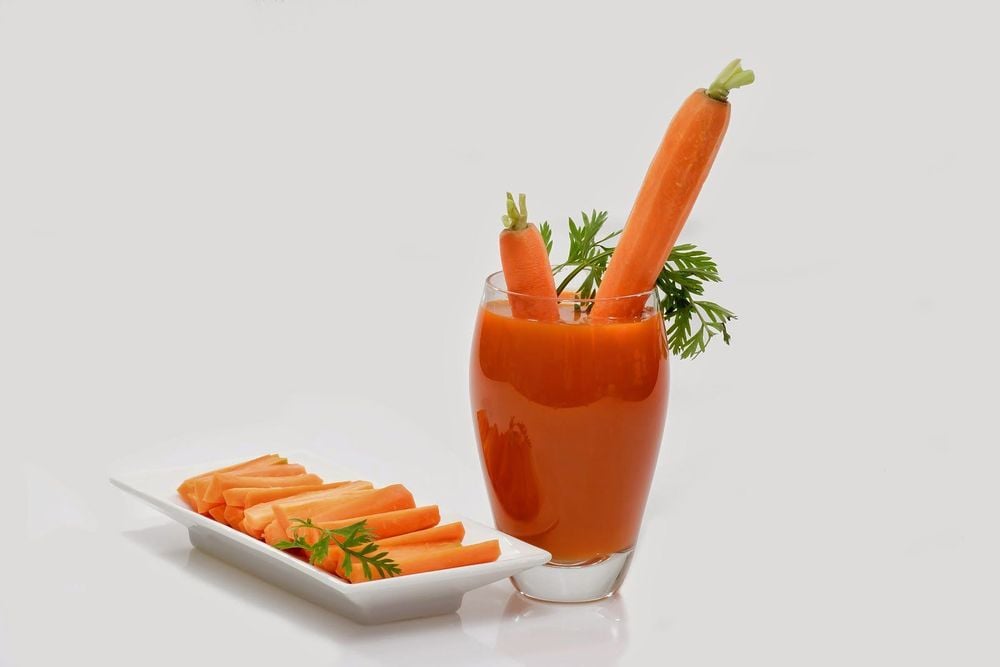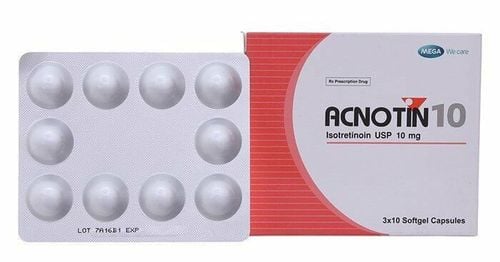In this article, we explore the potential effects of carrot juice on blood sugar levels and describe how carrots can benefit the health of diabetes patients. We also examine the glycemic index (GI) of carrot juice, the best ways to prepare carrots, and other dietary tips for those with diabetes.
1. Carrots and their impact on blood sugar levels
Some people believe that carrots increase blood sugar levels, leading those with diabetes to wonder whether they should consume them. A common question diabetes patients face is whether they can eat carrots. The short and simple answer is yes. Carrots, like other non-starchy vegetables such as broccoli and cauliflower, are a crucial component of a healthy diet for those with diabetes.
It is essential to pay attention to the carbohydrate content in foods for individuals with diabetes. However, many foods that contain carbs are also rich in vitamins, minerals, and even fiber. Some of these foods, particularly non-starchy vegetables, have little impact on your blood sugar levels. This article will explore the effects of carrots on diabetes all the while provide helpful information about carbohydrates and diabetes.
1.1. Carrots and diabetes
In fact, colorful fruits and vegetables are rich in nutrients for a healthy diet. Carrots are well-known for their beta-carotene content, a precursor of vitamin A. They also contain fiber, antioxidants, and other nutrients. A medium carrot contains only about 4 grams of net carbs (digestible) and has a low glycemic index. Foods that are low in carbs and have a low glycemic index typically do not have a favorable impact on blood sugar levels. Research has shown that the nutrients in carrots can be beneficial for individuals with diabetes.
In an animal study, researchers investigated the importance of vitamin A in blood sugar control. They found that mices deficient in vitamin A experienced dysfunction in pancreatic beta cells, decreased insulin secretion, and increased blood sugar levels. These findings suggest that vitamin A may play a role in blood sugar regulation for those with diabetes.
Vitamin B plays an important role in many aspects of metabolism. One study indicated that deficiencies in vitamin B1 (thiamine) and vitamin B6 are common in individuals with type 2 diabetes. Furthermore, the initial development of diabetes-related kidney disease is more prevalent if vitamin B6 levels are low. This research indicates that low vitamin B6 levels may negatively impact diabetes symptoms.

Fiber: A diet rich in fiber is essential for managing blood sugar levels in diabetes. A recent review based on a synthesis of results from 16 extensive studies provides clear scientific evidence that dietary fiber can help reduce the risk of developing type 2 diabetes. Moreover, for individuals with diabetes, increasing fiber intake can help lower blood sugar levels both in the long term and when fasting.
1.2. A healthy diet for diabetes patients
For individuals with diabetes, adhering to a healthy diet is crucial for managing their condition. The National Institutes of Health (NIH) emphasizes that the healthiest diet for diabetes should include foods from all food groups, including:
- Vegetables
- Fruits
- Nuts
- Protein
- Low-fat or fat-free dairy
According to the American Diabetes Association (ADA), the best way to improve blood sugar levels is through diet and exercise. Following a healthy diet can help with weight loss. Even a weight loss of about 5% can improve blood sugar levels.
To expand on the NIH recommendations above, the American Diabetes Association has proposed the following tips for healthy eating with diabetes:
- Eat plenty of non-starchy vegetables, such as carrots, broccoli, and zucchini. At least half of the meal for individuals with diabetes should consist of these nutrient-rich vegetables.
- The best source of protein for a healthy diet is lean protein. About a quarter of the meal for a diabetic should come from a lean protein source, such as chicken or fish.
- Limit the carbohydrate intake at each meal. Try to consume high-fiber starches, as fiber helps improve blood sugar levels. Healthy sources of high-fiber carbohydrates include beans, whole grain bread, brown rice, and other whole grain products.
- Fruits and low-fat milk can be a great addition to a healthy meal. Be mindful of portion sizes. A small handful of fresh berries or half a cup of low-fat milk can be a reasonable choice after dinner. Limit the intake of dried fruit and fruit juices as their carbohydrate content is more concentrated.
- Sometimes you may crave something sweet, and occasionally you can enjoy desserts. However, it is important to be mindful of what you are eating and how much you are consuming.
Overconsumption of processed foods with added sugar can negatively impact your blood sugar levels. These foods can also lead to weight gain and adversely affect your overall health. Choosing lower-carbohydrate options in small amounts and only occasionally is the best way to protect yourself from negative effects related to diabetes.

2. Can Diabetes Patients Consume Carrot Juice?
Blood sugar, or blood glucose level, refers to the amount of sugar in a person's blood at the time of measurement. This sugar comes from the foods we eat. Our bodies need sugar for energy, but too much sugar can cause problems. Uncontrolled blood sugar levels can lead to type 2 diabetes or exacerbate other health conditions.
Carrots can be a safe option for diabetes patients who are trying to maintain their blood sugar levels. They are also a non-starchy food. Therefore, patients can enjoy a small amount of carrots even if they are on a ketogenic or keto diet.
2.1. Glycemic Index
The glycemic index is a value used to measure how certain foods and beverages raise your blood sugar levels. The glycemic index runs on a scale from 1 to 100. A score of 100 means that the food has a similar effect on our bodies as consuming a corresponding amount of glucose sugar.
The lower the glycemic index (GI), the slower your blood sugar will rise after consuming that food. Raw carrots have a glycemic index of 16. The GI for boiled carrots ranges from 32 to 49. This places carrots in the category of foods with a low glycemic index:
- Low glycemic index: 1-55
- Medium glycemic index: 56-69
- High glycemic index: 70 or above
The glycemic index of any food will increase if you cook or process it with honey or other carbohydrates. However, carrots remain high in fiber, which helps slow down the release of sugar. They also have a lower glycemic index compared to other vegetables like potatoes.
2.1. Glycemic Load
Glycemic index is not the only number we need to pay attention to. Another important measure is glycemic load, which combines glycemic index with portion size to give us an overall picture of its impact on our blood sugar. Eating foods with a low glycemic index but in large quantities can still raise blood sugar levels.
Two small raw carrots have a glycemic load of about 8. This also places carrots in the low glycemic load category:
- Low glycemic load: 1-10
- Medium glycemic load: 11-19
- High glycemic load: 20 or above
2.3. Low Glycemic Index Vegetables
Fresh vegetables are mostly water. They are also a source of many nutrients, vitamins, and minerals. Many types have a low glycemic index, including:
• Cabbage
• Asparagus
• Avocado
• Broccoli

• Cabbage
• Cauliflower
• Celery
• Cucumber
• Eggplant
• Greens
• Vietnamese coriander (basil)
• Mushrooms
• Chili peppers
• Tomatoes
• Okra
• Onions
• Spinach
• Pumpkin
• Squash
• Radish
People with diabetes can comfortably eat non-starchy vegetables – including carrots. Eating them raw or cooked can help prevent processing from increasing the glycemic index. Various compounds in carrots, such as carotenoids, fiber, and vitamin A, can help you control blood sugar levels and prevent complications, such as organ damage related to diabetes. Maintaining a healthy diet, reducing carbohydrate intake, and increasing physical activity are all important roles in managing diabetes.
To arrange an appointment, please call HOTLINE or make your reservation directly HERE. You may also download the MyVinmec app to schedule appointments faster and manage your reservations more conveniently.
Reference sources: webmd.com, medicalnewstoday.com, healthline.com
To arrange an appointment, please call HOTLINE or make your reservation directly HERE. You may also download the MyVinmec app to schedule appointments faster and manage your reservations more conveniently.








